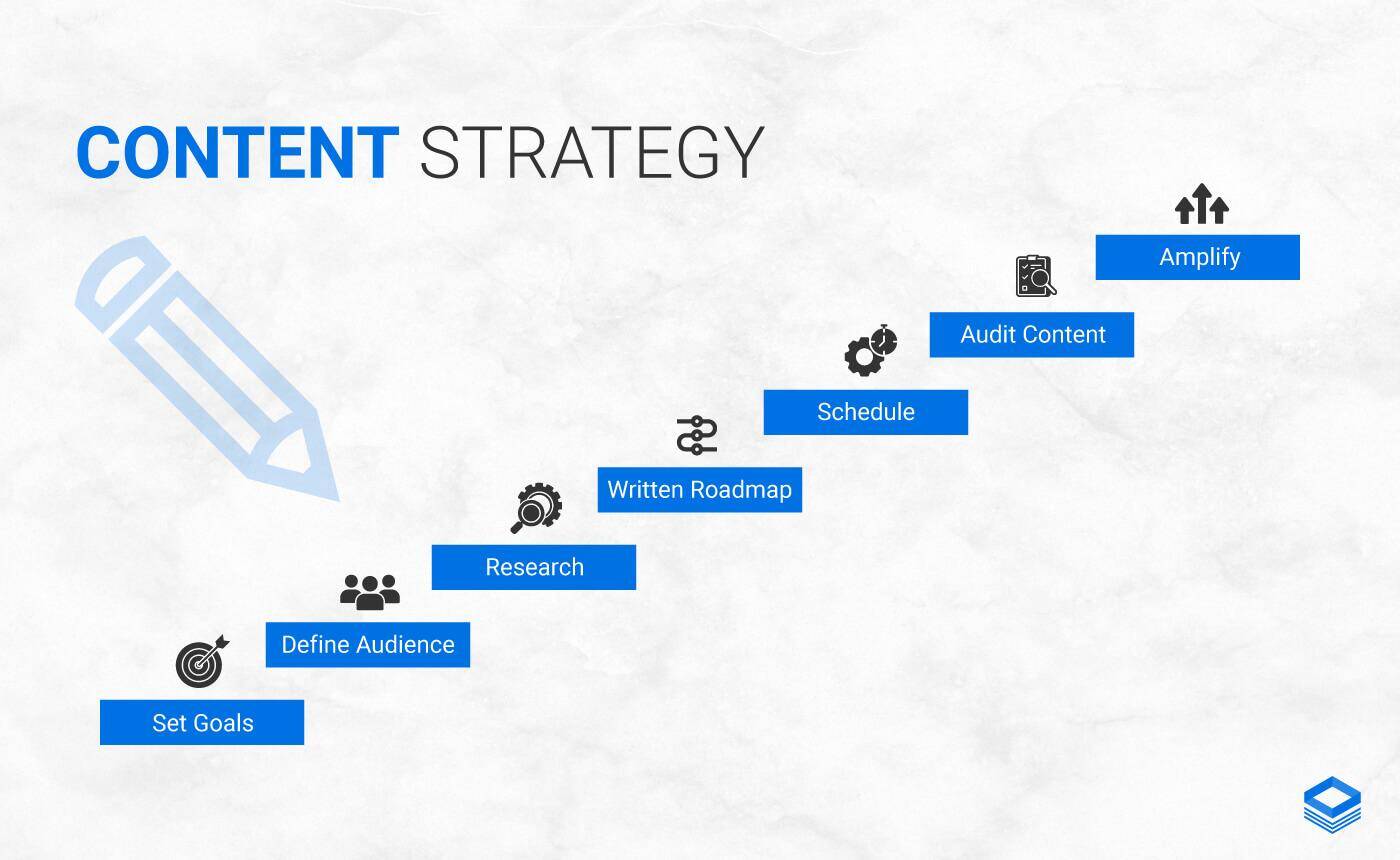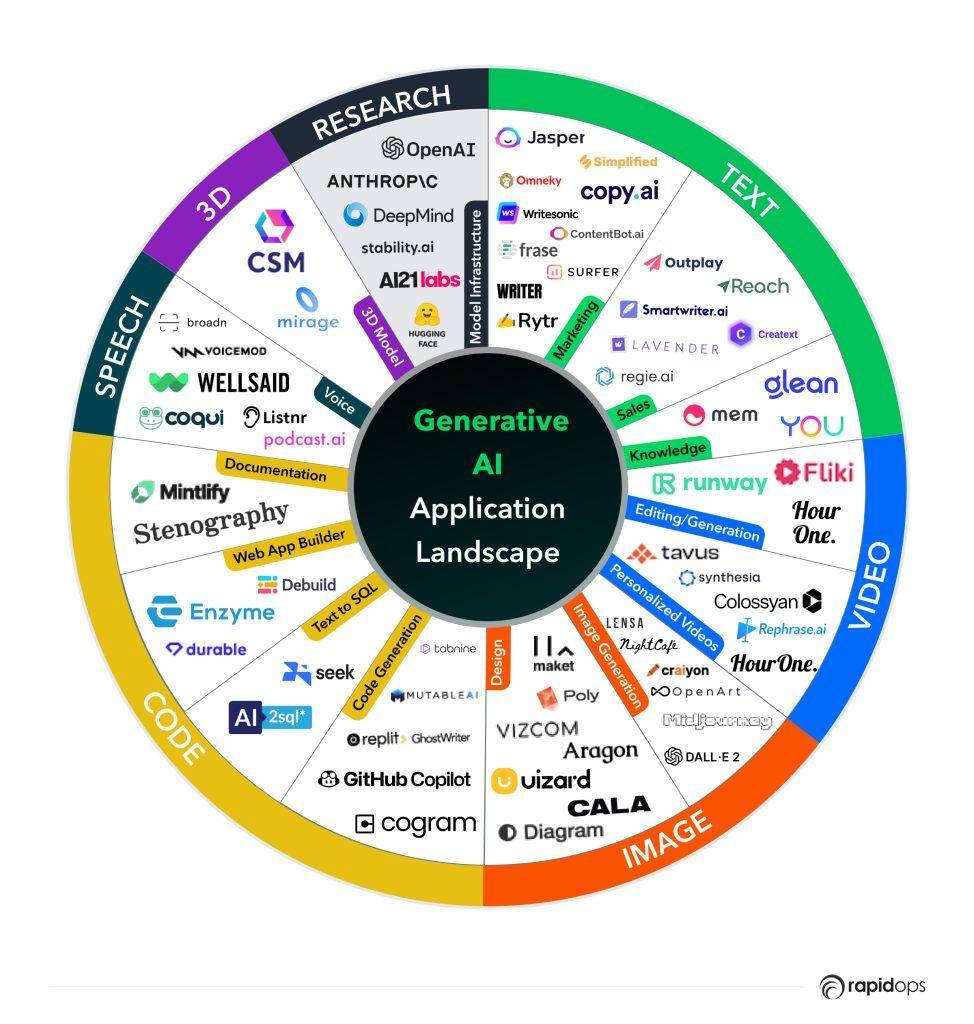Features section
Add advertising hereIn the bustling landscape of digital marketing, where competition is fierce and attention spans are fleeting, mastering the art of search engine optimization (SEO) has never been more crucial. As businesses and brands vie for the coveted top spots on Google’s search results, a new player has emerged on the scene, promising to revolutionize the way we approach SEO: artificial intelligence. This article delves into the transformative power of AI in unlocking the secrets to higher Google rankings. We’ll explore how advanced algorithms, predictive analytics, and data-driven insights can help marketers not only navigate the complexities of search dynamics but also carve out a sustainable competitive edge. Join us as we unlock the doors to SEO success through the innovative lens of AI, illuminating a path that extends beyond traditional strategies and into the future of digital visibility.
Harnessing Artificial Intelligence for Keyword Optimization
In the ever-evolving world of SEO, leveraging cutting-edge technology like artificial intelligence can be a game changer in refining keyword strategies. AI tools can analyze vast amounts of data at lightning speed, identifying not just high-volume keywords but also long-tail phrases that are increasingly important in capturing user intent. By employing natural language processing and machine learning, these tools can reveal hidden patterns in search behavior, showcasing the keywords that resonate most with target audiences. This means marketers can go beyond basic keyword research, diving into specific variations and synonyms that may attract untapped traffic to their websites.
Furthermore, AI-driven keyword optimization opens up new avenues for content strategy. By examining competitors, these technologies can highlight opportunities where your content can outperform others. Consider integrating AI to:
- Analyze User Intent: Determining what visitors are genuinely seeking through their search queries.
- Predict Search Trends: Anticipating shifts in user behavior and adjusting strategies accordingly.
- Optimize Content Structure: Crafting articles that align more closely with search algorithms and user preferences.
To illustrate the impact of AI on keyword efficiency, the following table compares traditional keyword strategy versus an AI-enhanced approach:
| Strategy | Traditional Approach | AI-Enhanced Approach |
|---|---|---|
| Data Analysis | Manual scanning of keyword lists | Automated trend detection and analysis |
| Content Suggestions | Basic keyword recommendations | Contextual content ideas driven by user queries |
| Performance Tracking | Periodic reviews | Real-time adjustments and insights |

Crafting Content Strategies That Resonate with Algorithm Changes
In today’s digital landscape, evolving algorithms can make or break your online presence. Crafting a content strategy that aligns with these changes is not only essential but can also leverage AI’s capabilities to ensure your content remains relevant and impactful. Consider the following approaches:
Featured section
Add advertising here- Understand User Intent: Focus on delivering content that meets the specific needs and questions of your audience.
- Optimize for Semantic Search: Use natural language and context to enhance content relevancy and discoverability.
- Integrate AI Tools: Utilize AI-driven tools for keyword research and trend analysis to predict shifts in algorithm behavior.
Moreover, diversifying content formats can further resonate with constantly changing algorithms. By embracing different media types, you can capture a broader audience while enhancing engagement metrics that search engines favor. Here’s a brief overview of effective content formats:
| Content Format | Benefits |
|---|---|
| Blogs | In-depth information and SEO-friendly |
| Videos | High engagement and shareability |
| Infographics | Visual appeal and easy to digest |
| Podcasts | Mobile-friendly and accessible |

Leveraging AI Tools for Enhanced User Experience and Engagement
As the digital landscape evolves, integrating AI tools into your strategy can revolutionize how users interact with your content. By harnessing the power of machine learning algorithms, businesses can analyze user behavior more effectively, enabling them to tailor experiences that resonate with individual preferences. Strong personalization leads to higher engagement, making it crucial to employ AI-driven insights for developing content that truly speaks to your audience. Key techniques include:
- Dynamic Content Recommendations: AI algorithms can analyze user history and suggest relevant articles or products, enhancing user retention.
- Chatbots for Instant Support: Implementing AI chatbots ensures that customer queries are addressed promptly, improving satisfaction and encouraging longer site visits.
- Sentiment Analysis: Utilizing AI to gauge user sentiment helps in refining content strategies and addressing potential concerns before they escalate.
Moreover, leveraging AI for SEO optimization contributes significantly to user experience and engagement. Tools powered by natural language processing can optimize your site’s performance by fine-tuning keyword strategies while ensuring the content remains natural and engaging. Here’s a simple comparison of traditional SEO methods versus AI-enhanced approaches:
| Aspect | Traditional SEO | AI-Enhanced SEO |
|---|---|---|
| Keyword Research | Manual tool analysis | Predictive algorithms for trending keywords |
| Content Creation | Basic optimization techniques | Dynamic, personalized content generation |
| User Behavior Tracking | Periodic analysis | Real-time adaptive learning and adjustments |

Analyzing Competitor Insights to Fine-tune Your SEO Approach
When it comes to understanding your competitive landscape, delving into your rivals’ SEO strategies is crucial. By assessing their top-performing keywords and content pieces, you can identify opportunities where you can gain a foothold. Start by utilizing tools that allow you to analyze:
- Keyword Rankings: Discover which keywords are driving traffic to your competitors’ sites.
- Backlink Profiles: Examine the sources of their backlinks to uncover potential link-building opportunities.
- Content Gaps: Identify topics that your competitors haven’t fully addressed, allowing you to create unique, informative content.
Additionally, analyzing the technical aspects of their sites can provide insight into structural improvements. For example, consider the following factors:
| Competitor | Site Speed (seconds) | Mobile Optimization |
|---|---|---|
| Competitor A | 2.5 | Yes |
| Competitor B | 3.0 | No |
| Competitor C | 1.8 | Yes |
By focusing on elements such as site speed and mobile responsiveness, you can enhance your own website’s performance, positively impacting both user experience and search engine rankings. Engage with these insights to adapt and refine your approach effectively, ensuring your SEO efforts are not only informed but also more competitive.
Concluding Remarks
As we draw the curtain on our exploration of “Unlocking SEO Success: The AI Advantage for Google Rankings,” it’s clear that the intersection of artificial intelligence and search engine optimization is not just a fleeting trend, but a transformative force poised to redefine the digital landscape. By leveraging the power of AI, businesses can gain unique insights, streamline their strategies, and ultimately enhance their online presence. In this ever-evolving realm, those who embrace the capabilities of AI will find themselves not merely keeping up with the rapid pace of change, but setting the benchmarks for success. As we look to the future, remember that the key to unlocking SEO excellence lies in the harmonious blend of human creativity and cutting-edge technology. So, whether you’re a seasoned marketer or a budding entrepreneur, the time to harness the AI advantage is now. Equip yourself with knowledge, adapt your strategies, and watch as your Google rankings soar to new heights. The path to SEO success is illuminated; all that’s left for you to do is to take that first step.





